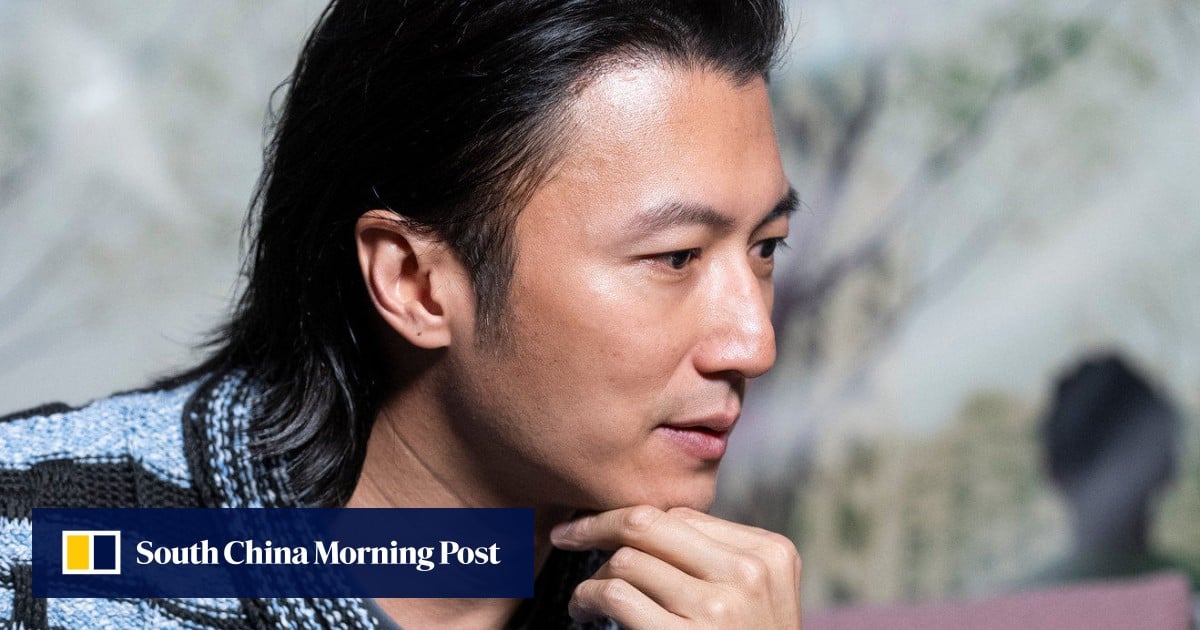Tse spoke to the Post for this interview just before the world premiere of Customs Frontline at the 26th Far East Film Festival in Udine, Italy, in May.
In addition to chases, shoot-outs and fight scenes, Customs Frontline brings up some unexpected subplots, such as a lead character’s bipolar disorder.
You hit for real, and if you can’t take it, get out of there. That’s how I was brought up.
“You have to work with people you know,” he says. “Like on that container, when I fell, the choreographer was chasing me.
“I had to trust him not to drop the camera or land on my face.”
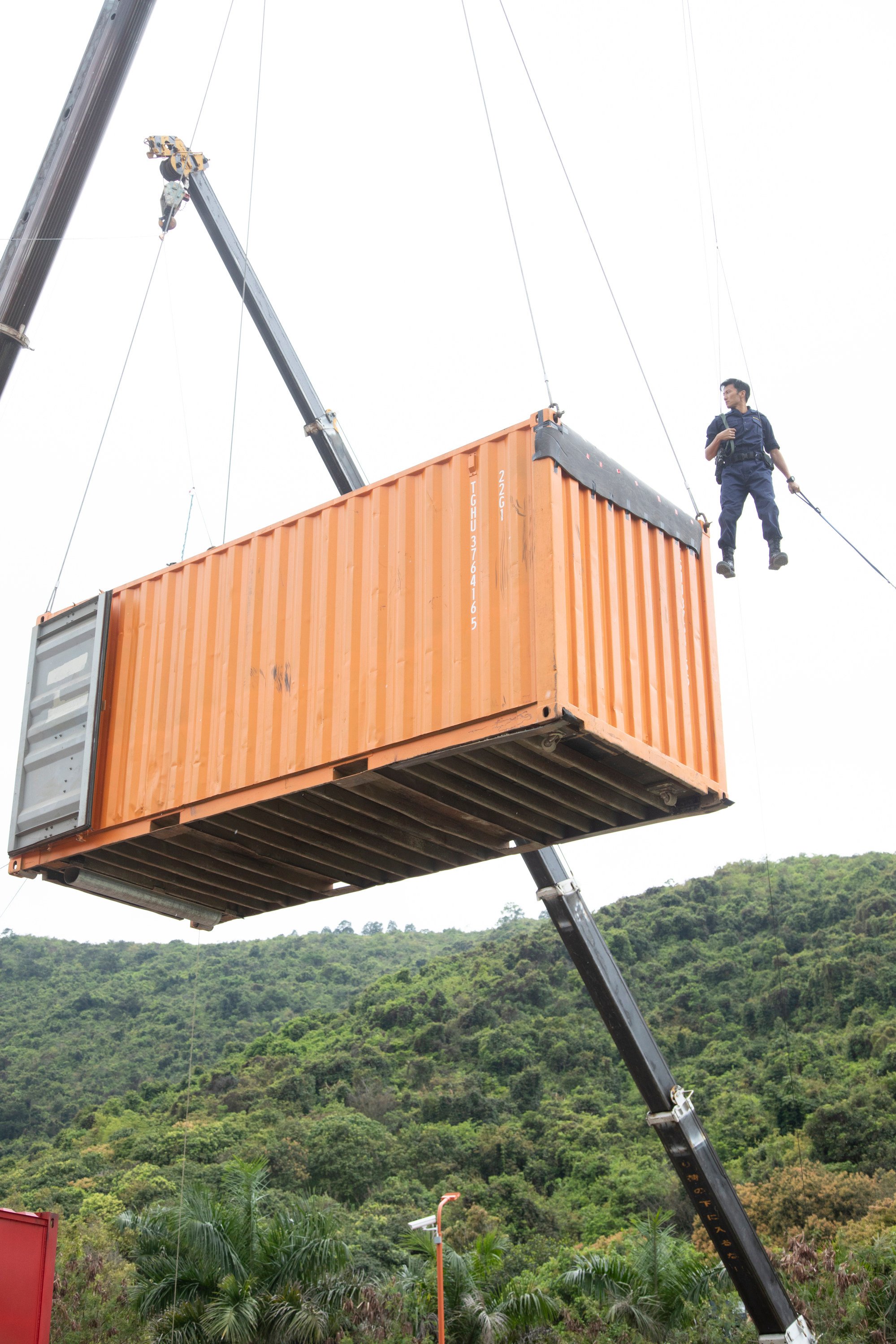
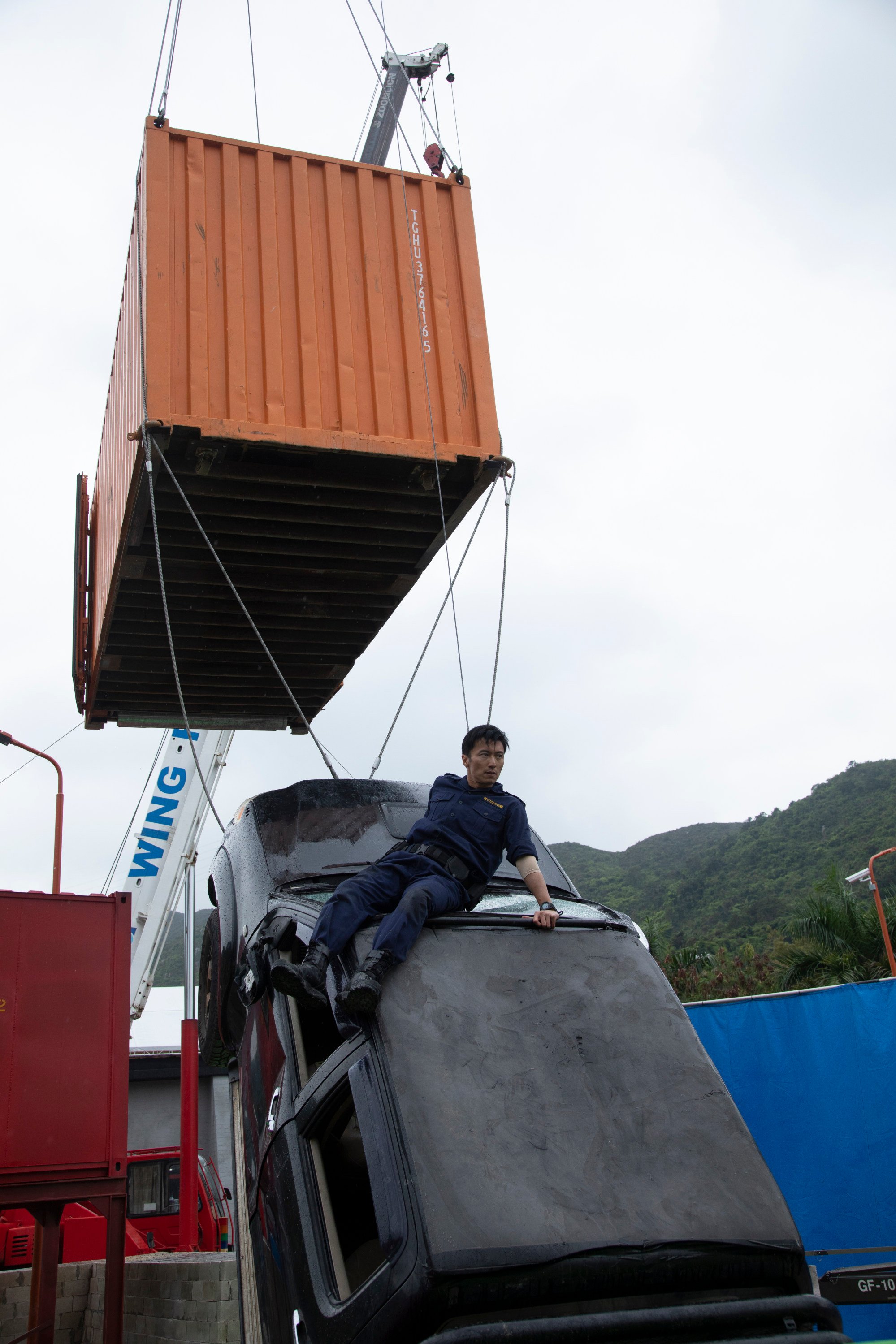
In Customs Frontline, Tse and Yau made a conscious decision to return to the large-scale spectacles of an earlier generation, what Tse calls “traditional Hong Kong action cinema”. The actor performed his own stunts, including several risky underwater sequences, and the filmmakers tried to avoid CG as much as possible.
“We dealt with a lot of heavy machinery,” Tse says. “We’re working in units of tons. That container was 7,500 pounds (3,400kg). When so much heavy stuff is involved, it gets pretty dangerous. We had a long preparation time to blow up a lot of c***.”
In addition to ships colliding and trucks smashing into buildings, Tse engineered stunts where cars fell from the sky, narrowly missing pedestrians.
“That’s all real,” he says. “Real trucks, real ships, real cars. CG has a different tone. I think that’s what drives us to go back to Jackie Chan’s style. You hit for real, and if you can’t take it, get out of there. That’s how I was brought up.”
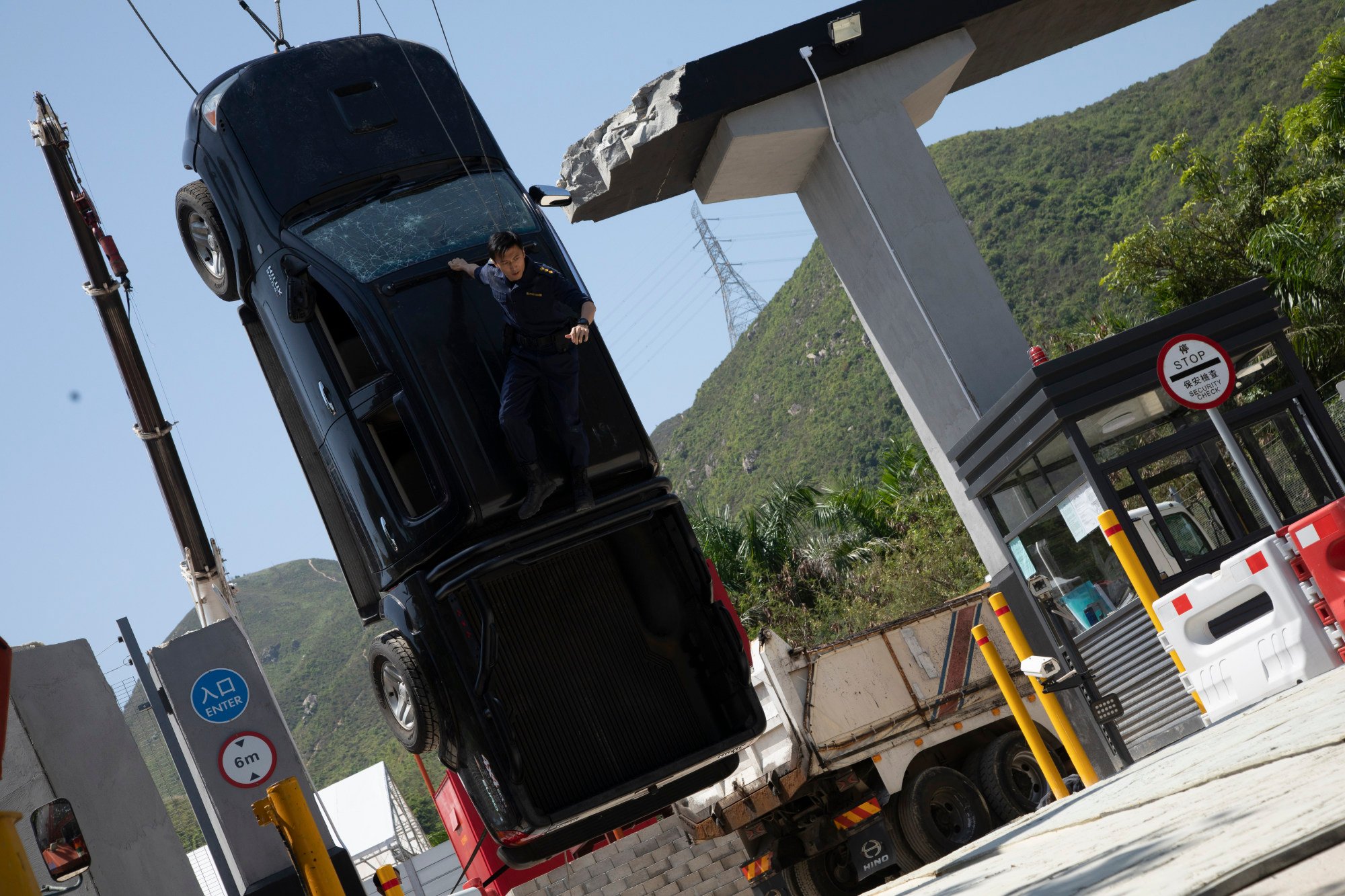
Tse’s work involved a considerable amount of planning, from training with his stunt team to testing gear to camera placement.
“Throughout my career, I’ve had a lot of input on my own action stunts,” he says. “I guess this is the first time I’m officially listed as a director.
“So I was very involved in things like where to put the camera, how to cover material – although to be honest, Herman is a real veteran of the genre. He had a lot of input about the camera.”
No amount of preparation can fully prepare stuntmen or -women for explosions. Even in Hollywood, most bomb sequences are handled by visual effects teams in post-production. But many of the blasts in Customs Frontline were real.
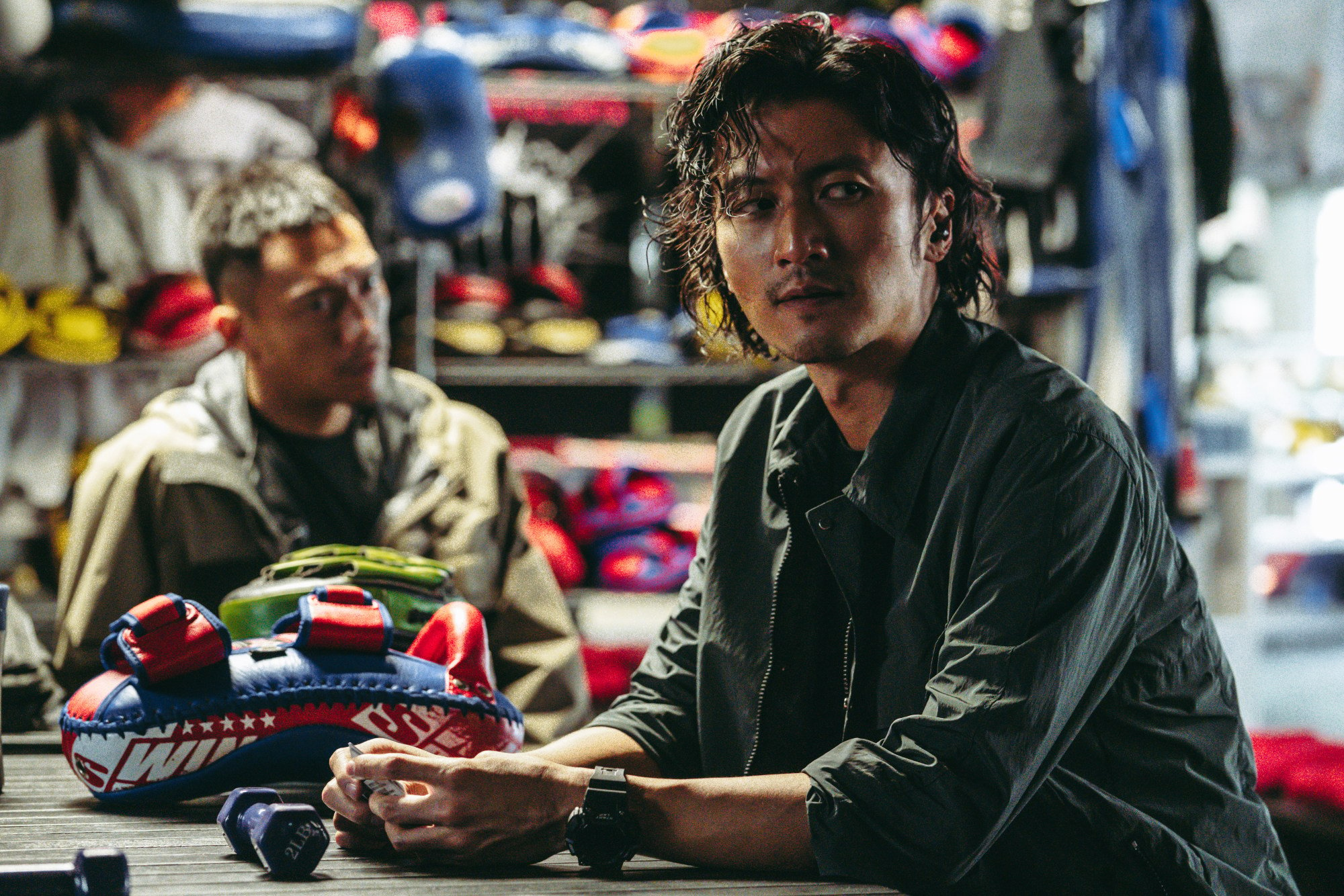
“All the testing is very costly,” Tse says. “We needed to do a lot of prep, so we were spending a lot of money. But I think it really pays off. There’s one in the movie – it’s in the trailer too – where I am about a metre [3 feet] away from the explosion.
“That film has one of the biggest explosions I’ve ever done in my life. You have to feel the danger.”
Herman didn’t want me to look like a hero. He wanted the action to be a bit more realistic.
The actor admits that the adrenaline rush is part of the appeal of doing his own stunts. “A lot of people can make action films, but if there’s too much CG, then it’s just something that’s done in post-production. It’s not a true action film.”
He says he did not need to adjust his normal training regimen for Customs Frontline. In fact, Yau sometimes had to rein Tse in during filming.
“Because I’m playing a customs official, Herman didn’t want me to look like a hero,” Tse says. “He wanted the action to be a bit more realistic. Whenever I kicked a bit too high, he would say, ‘That’s too superhuman.’”
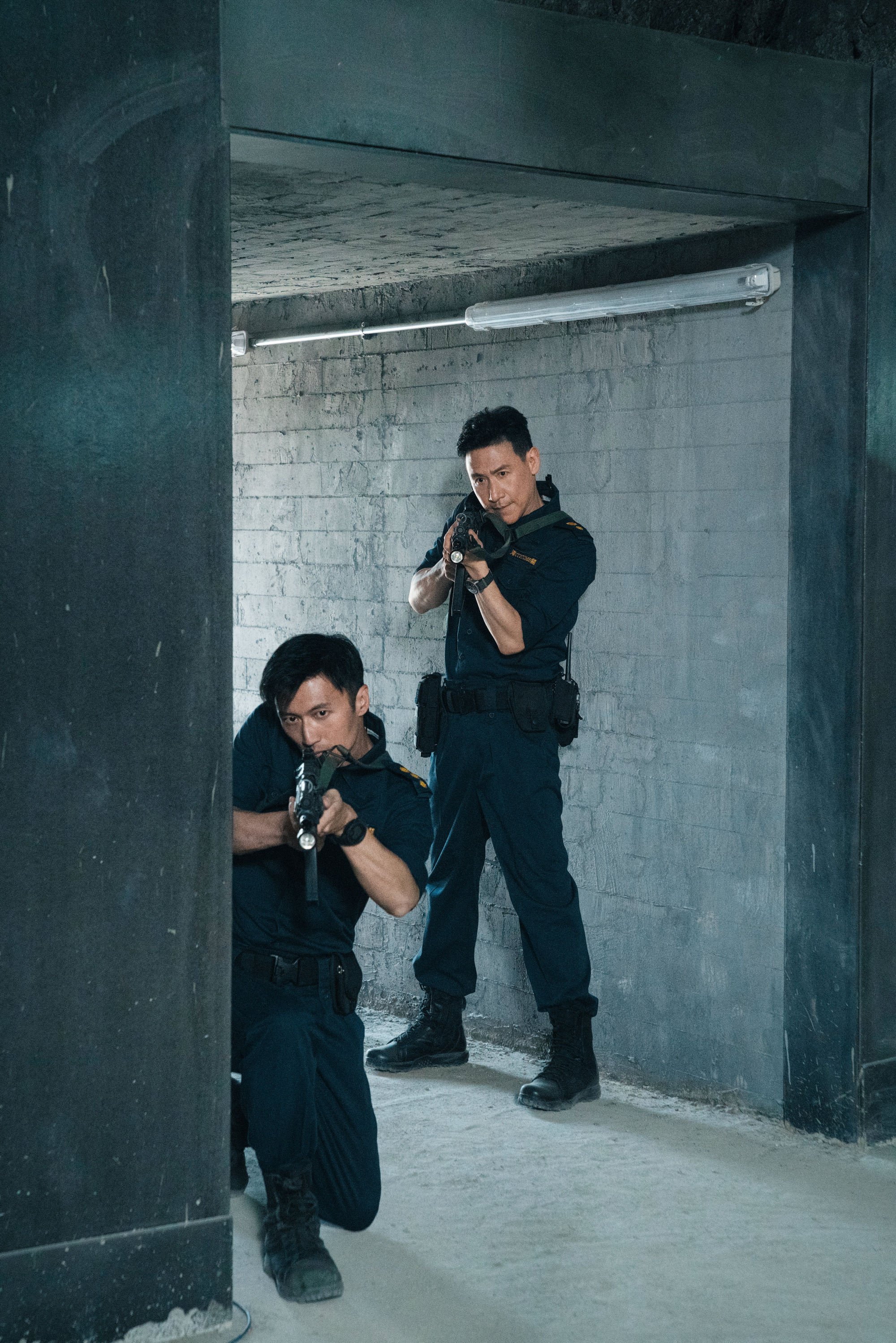
Jackie Chan, who worked with Tse in 2004’s New Police Story, even asked the budding filmmaker to direct a planned sequel, New Police Story 2.
“We always wanted to make a sequel, and for two or three years now Jackie has been telling me, ‘You be the director,’” Tse says. “I think it’s very hard to be the director and the actor.
“I finally told him, ‘OK, I’ll direct if you produce.’ We’re still in the process of developing the script.”
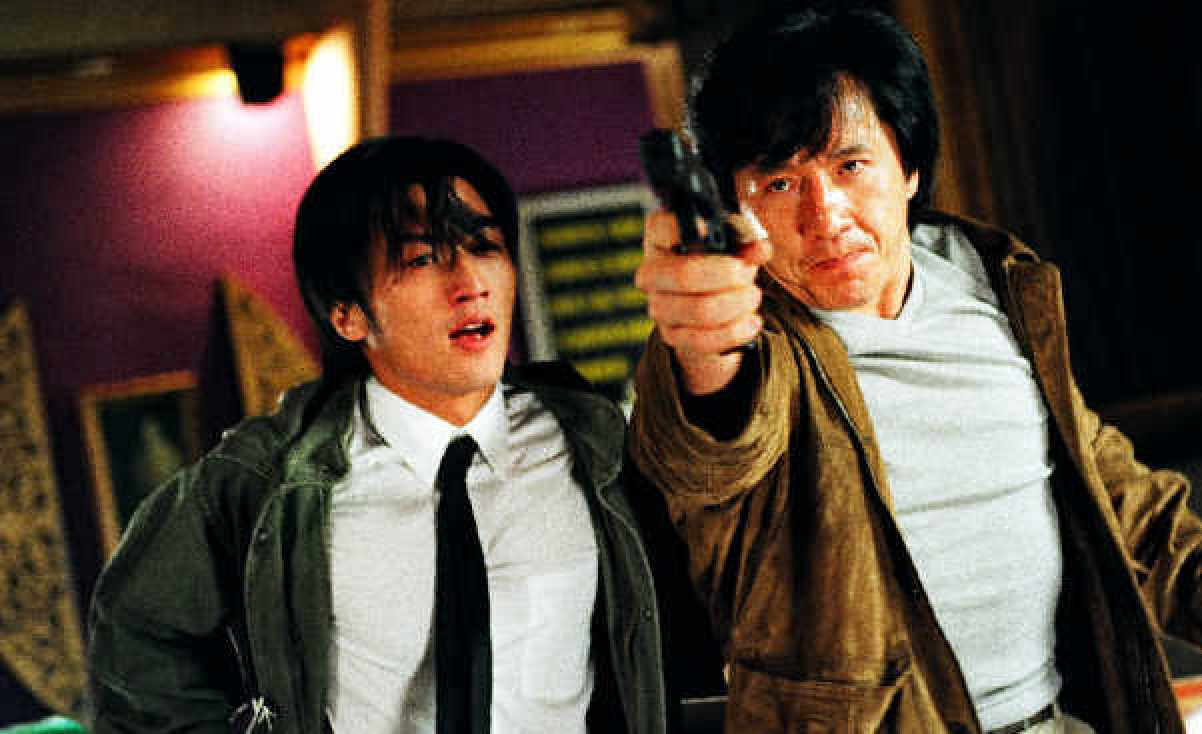
In addition to his movie career, Tse has opened a string of restaurants and developed his own food brand, Chef Nic. This is on top of his success as a musician.
“Chef Nic is doing very well,” he says. “It’s all part of the creative process. I like making stuff, whether it’s music or movies or stunts or food. I think that impulse is very similar no matter what field I’m working in.”
This was Tse’s first appearance at Udine, the largest Asian film festival in Europe. Yau, a regular visitor, screened three of his films this year.
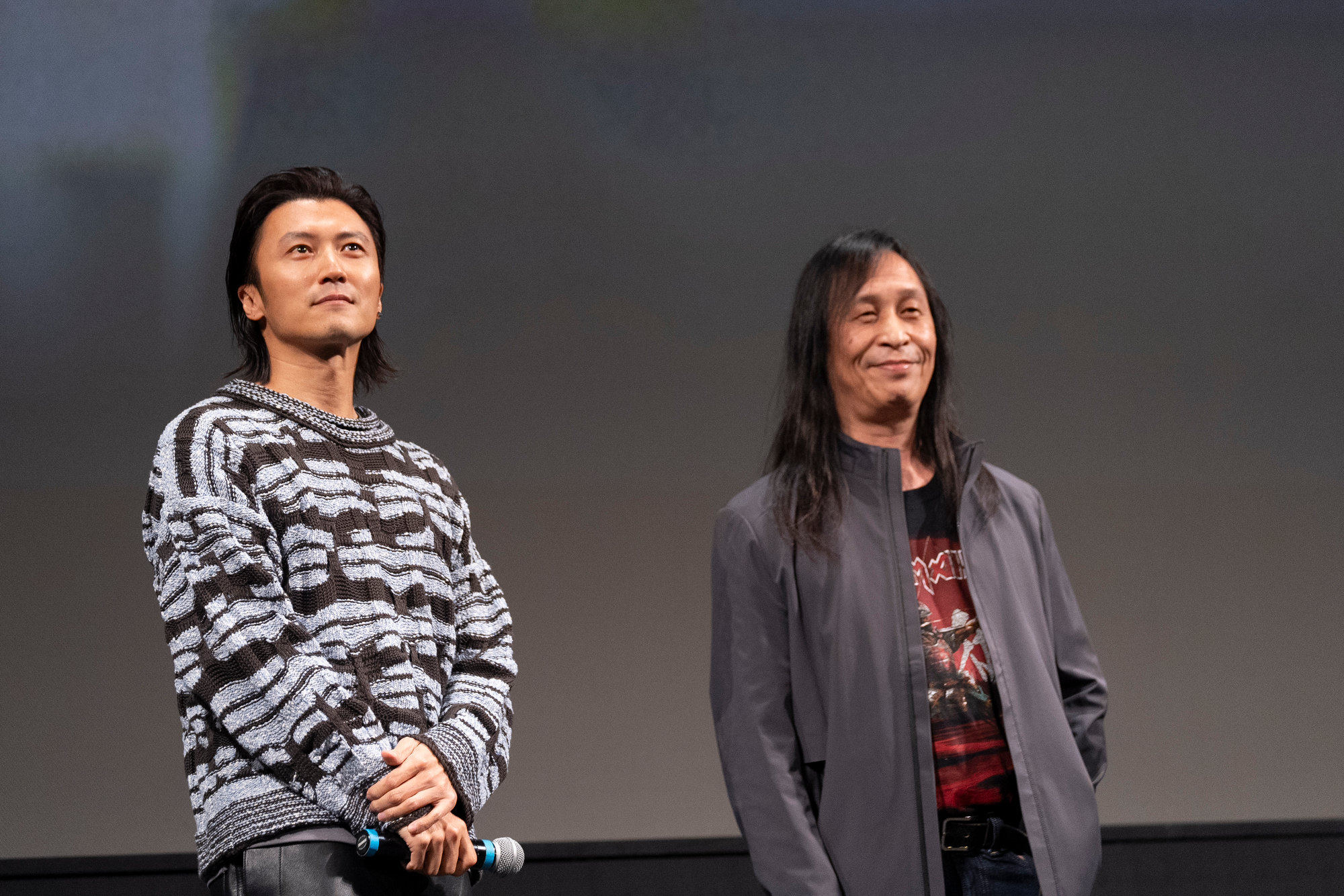
“It’s an honour to be here,” Tse says. “This festival helps not only Hong Kong films, but the whole of Asian cinema.
“It’s a great opportunity to connect with the world and present our movies.”
What about the current state of the Hong Kong film industry?
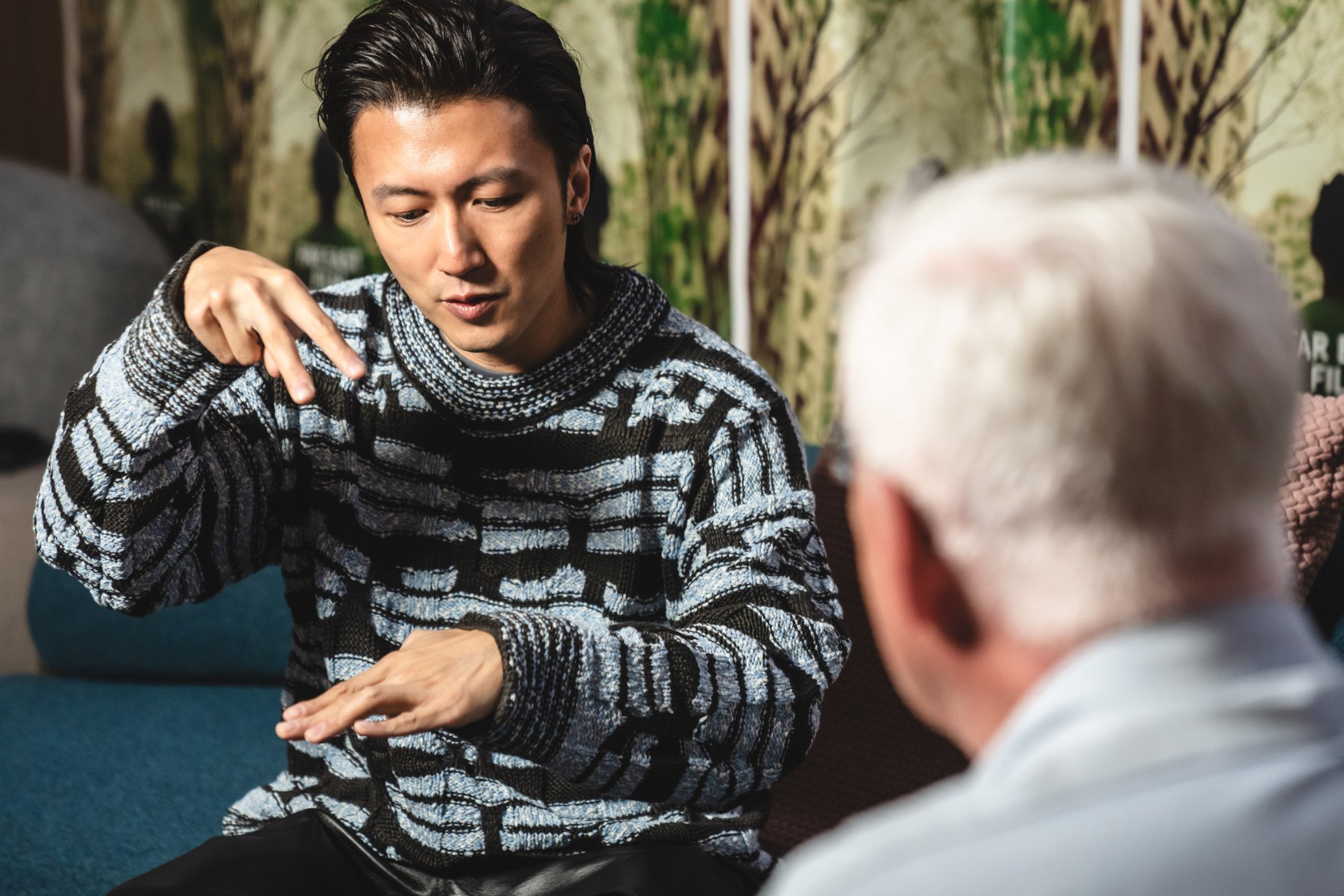
“We’re in a desperate era,” Tse says. “Where it is now, I think it can only go up. That’s part of what drives me.
“I want to use everything I know to contribute. That’s exactly why I’m walking into explosions and blowing up stuff with me inside. It takes more than CG to break through to the audience.”

